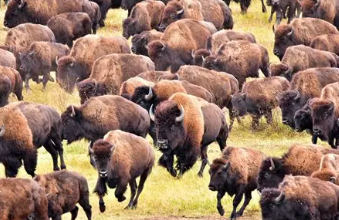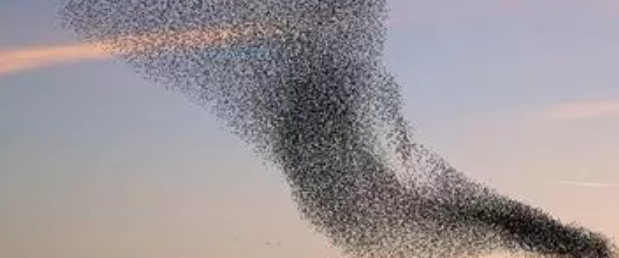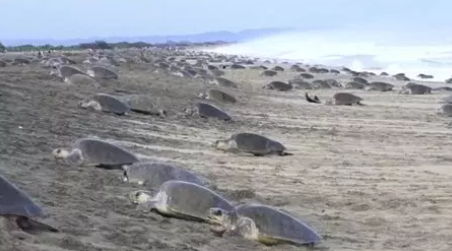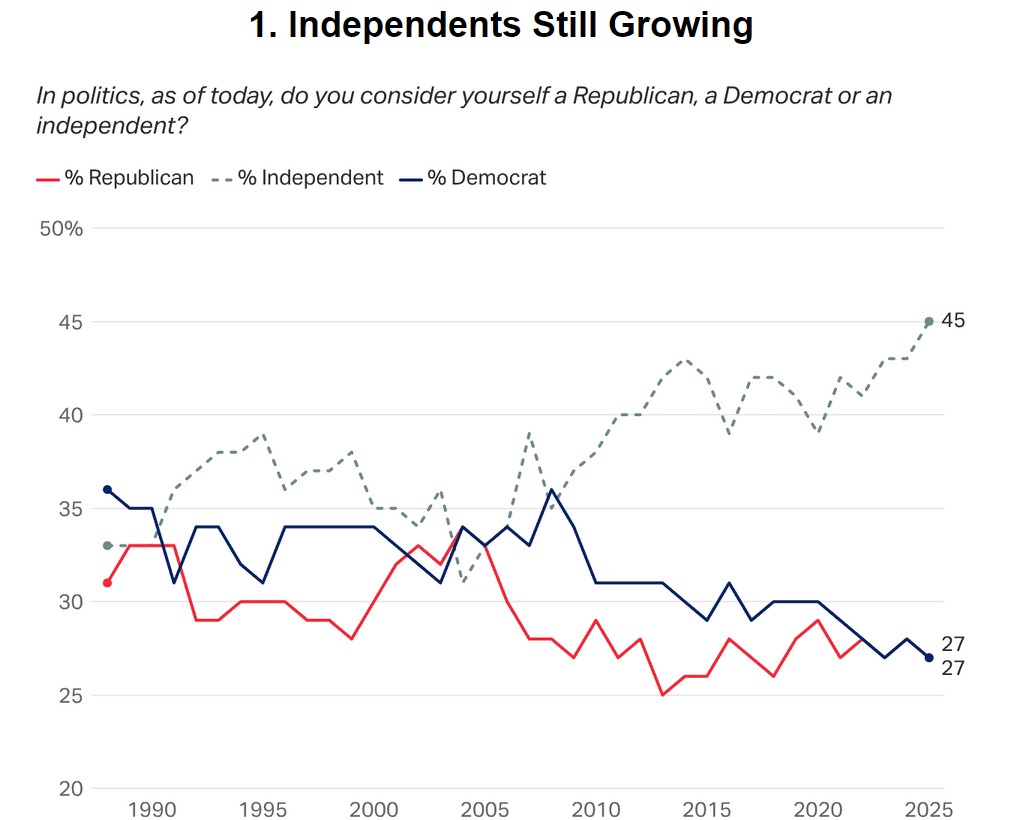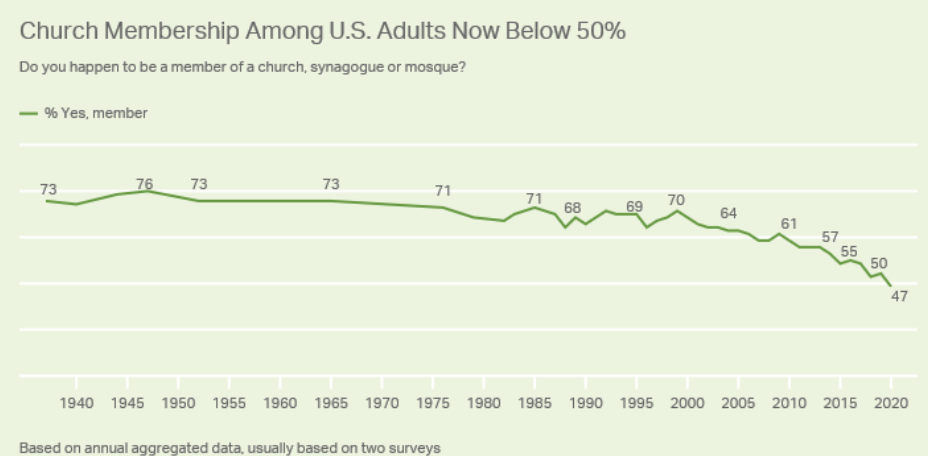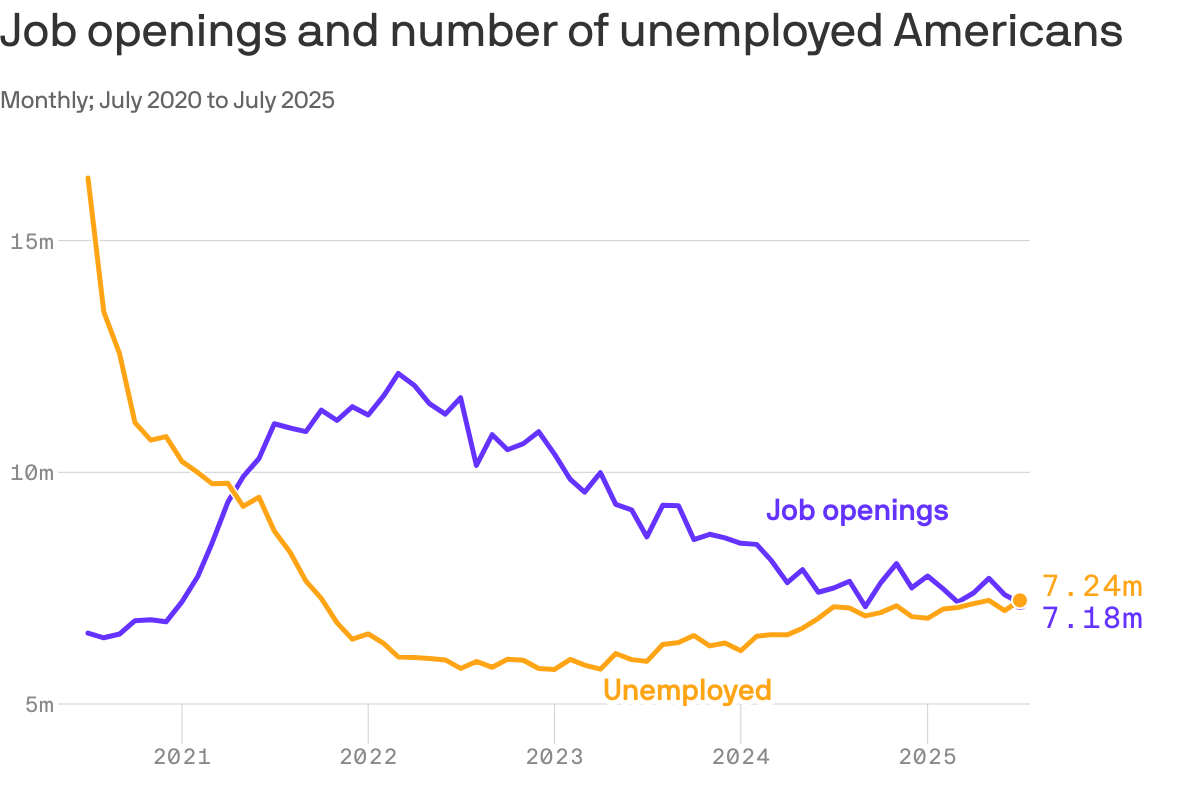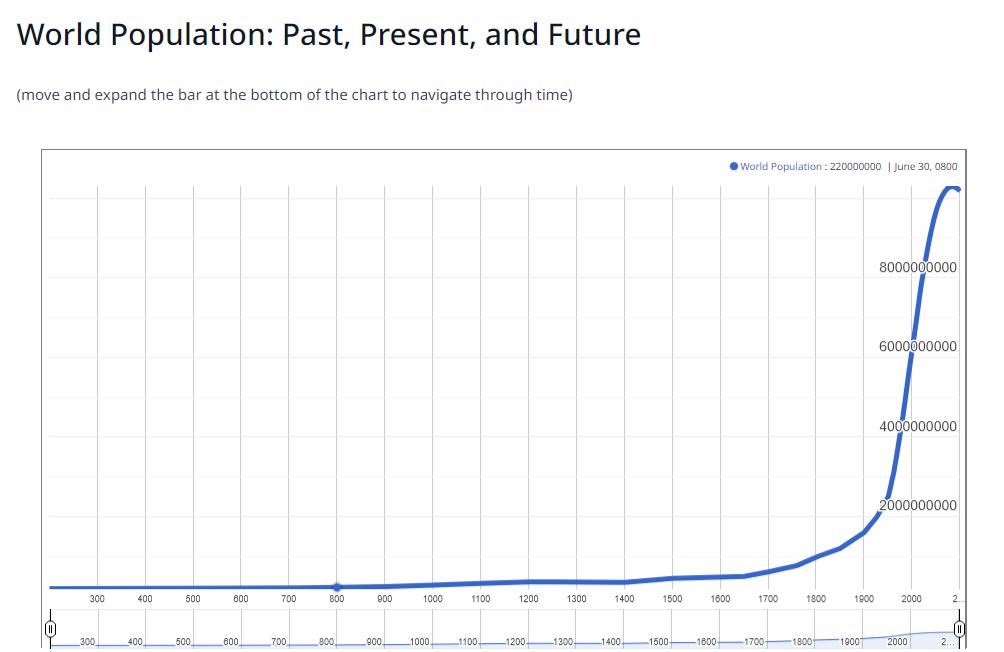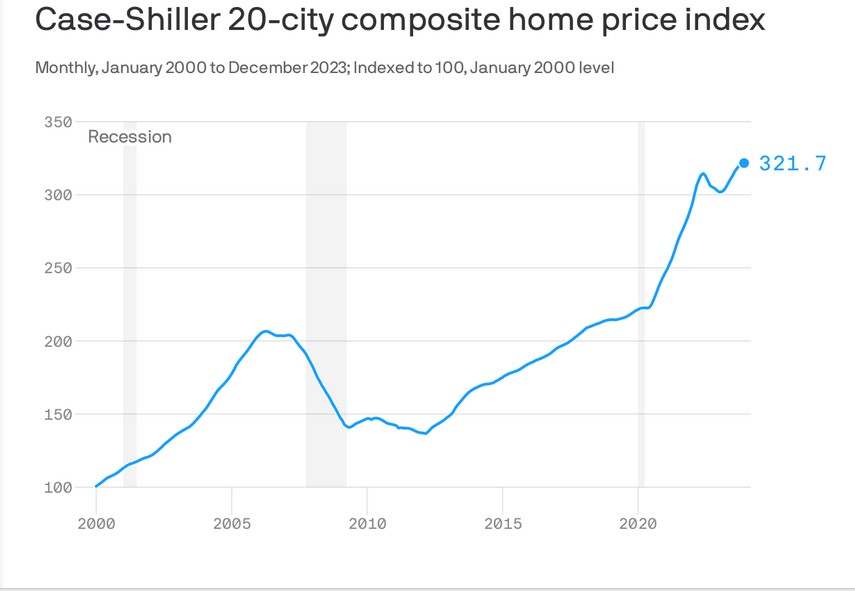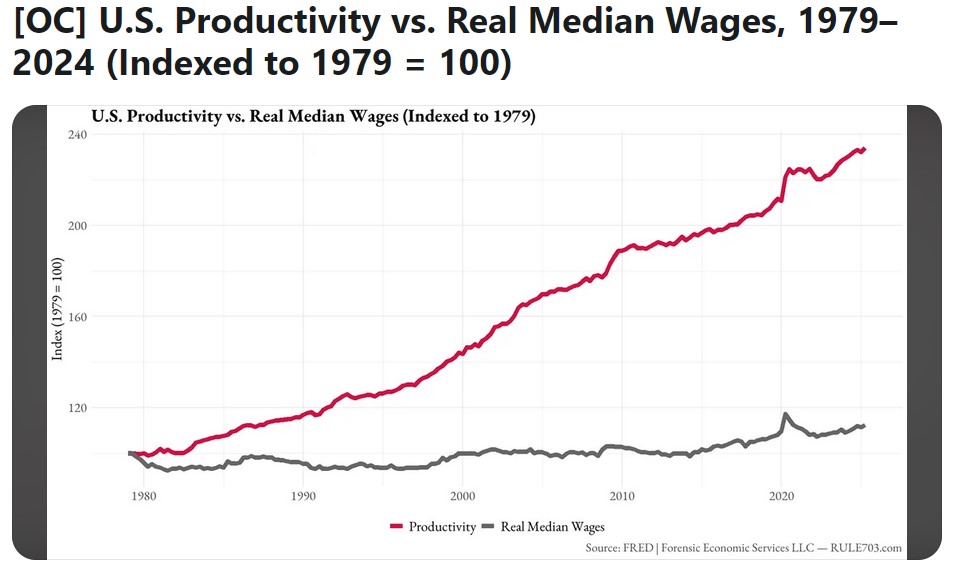[[[ Before mariner starts his post, Scientific American magazine reprinted an expert accounting of the current influenza infections. Almost one in 10 people who visited a doctor in the U.S. in the week ending on December 27 were there for flu-like symptoms according to new data. This is a new record. Keep apprised of the news in this area of medicine, Be aware of flu-like symptoms you may have. The current flu shot is not tailored to this new flu but it will help. GET YOUR FLU SHOT! ]]]
∗ ∗ ∗ ∗
In recent years, mariner has, in a passive way, been curious about how future economies and social mores will function when national boundaries are little more than map identities; economies will be tied to global strategies rather than nations; when small power skirmishes will be forced to cease by global authorities; when intelligent computers tell humans what to do in business and health without personal influence from professionals, politicians or private equity interests.
To get a perspective on this topic, mariner climbed the tall mountain where alter ego Guru lives to have a conversation about this topic. Guru lives in a pleasant but simple home designed to be fire resistant and sturdy. Guru has an unusual water supply drawn from a dozen atmospheric distillers; his house is heated by a pipe system that runs up to 30 feet underground; His electricity is solar; his food supply comes from farmers on the mountain. Guru is very much a theorist unrestrained by today’s reality and uses conjecture as if he were solving a jigsaw puzzle.
Mariner started by asking who Guru’s favorite was to master the strife and transformation that was occurring around the world today. He proffered democrats or republicans, perhaps global authoritarianism, start over with wars as in every other social shift, a food war?
“My favorite, Guru said “is Mother Earth”.
“Wow”, mariner said. “Why is the planet the winner? He understood biomass issues and population issues that have to be solved but how is the planet a winner?”
“What humans have never accepted, even back to the hunters and gatherers, is that the planet doesn’t belong to them. Trees don’t belong to them, rocks don’t belong to them, water doesn’t belong to them, not all the minerals and chemicals, not all the energy, not even every living creature living on this planet belongs to them. Even so, humans have ravaged the balance of planetary chemistry; humans have destroyed tens of thousands of species by destroying their habitat. The Earth is in a position where it must fight back.”
“What about artificial intelligence?” mariner asked. “Isn’t the miracle of high speed rationalizing supposed to help restore the situation?”
“No. Electronic processing, being nothing more than magnetized electrons, is incapable of human rationality. Every transaction is nothing more than another transaction. Electrons don’t carry morality; once executed it is gone. Further, the Earth has no memory. Once things begin to shift for whatever reason, the Earth doesn’t look back, it simply adjusts to the changing environment.”
“Where all the other players, that is, life including humans and plants, the biosphere and the very stable weather of the past 100,000 years will suffer, is that a global change is beginning that will trash many nations because all humans have to fight back is money. It is hard to imagine but nations will avoid war because they don’t have the money to keep up with the earth. This shortage of cash already is a news item as Earth begins to toss about weather patterns, melting glacial ice, rising sea levels and global shifting causing earthquakes, volcanoes and more as Earth continues on its orbit.”
Guru continued on but mariner could not keep up with Guru’s theories because mariner’s mind was already swimming with the concepts Guru laid out. He graciously thanked Guru and headed down the mountain.
The only metaphor mariner can come up with is that for many centuries, humans have been using an Earth credit card and now humans have reached their card limit and Mother Earth is calling in the debt.
Ancient Mariner

